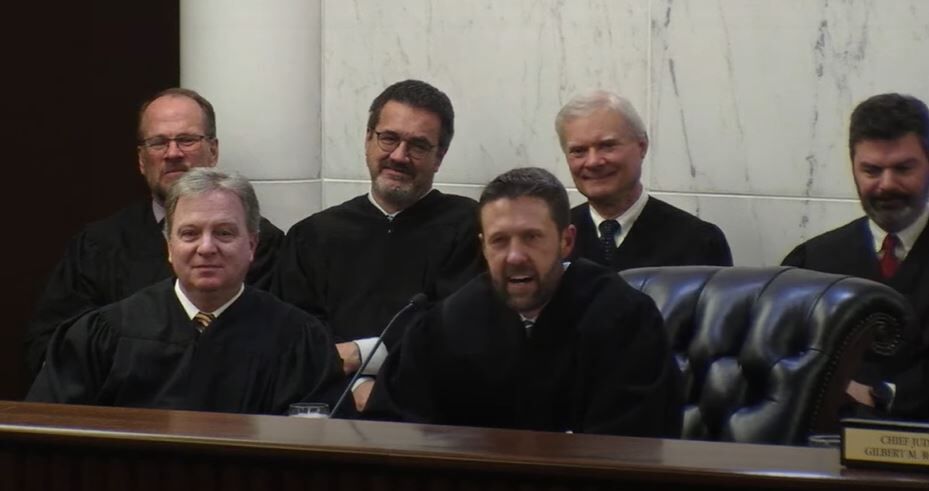Recognizing ‘anomaly,’ appeals court says man with dismissed sex offense must continue sex offender registration

Colorado’s second-highest court last week concluded a man must continue his placement on the sex offender registry despite the dismissal of his sex offense charge – throwing the question to the legislature about whether and how to correct that unusual outcome.
The issue before the Court of Appeals revolved around the treatment of a deferred judgment and sentence. In that scenario, when a defendant pleads guilty and meets certain conditions during a defined period, the result will be dismissal of the case and no conviction.
Derek Abram Dulac pleaded guilty to attempted sexual assault in 2018 and received a four-year deferred judgment. He successfully completed his probationary terms and a Grand County judge dismissed that charge in 2022. Dulac then petitioned to discontinue his sex offender registration, which Colorado law permits.
However, there was a complication. Dulac also pleaded guilty in the same case to two charges of assault, which carried a four-year probationary sentence to be served after he completed the terms of his deferred sex assault judgment. The question for the Court of Appeals was whether Dulac must continue to register as a sex offender, despite the dismissal of his only sex offense.
Yes, a three-judge panel concluded, because the law requires dismissal of “the case,” not simply “the charge.”
“We recognize that this creates an arguable anomaly in which a defendant is precluded from deregistering solely due to non-sex offenses that would not themselves require registration,” wrote Judge Karl L. Schock in the Feb. 15 opinion. “But we do not need to speculate about why the legislature might have done what it did.”
Case: People v. Dulac
Decided: February 15, 2024
Jurisdiction: Grand County
Ruling: 3-0
Judges: Karl L. Schock (author)
Anthony J. Navarro
W. Eric Kuhn
In arguing that he should be permitted to discontinue his sex offender registration, Dulac contended it would be bizarre to require a person to stay on the registry under the circumstances.
“Derek Dulac has done everything that he was supposed to do as part of his Deferred Sentence. The public and children do not need protection from Derek Dulac,” wrote his attorney, Anthony J. DiCola. “His reasonable expectation is that upon no longer being convicted of a sexual offense that requires registration, that he should be able to discontinue registering.”
The government responded that the result was logical after all. Dulac’s victims understood his probationary sentence for attempted sex assault came with the condition that he maintain his registration for years after the dismissal of the charge.
The appellate panel agreed that a longer registration timeline may be a legitimate tradeoff to facilitate the original deferred judgment. But regardless of the reasoning, the panel concluded the law permits a person to discontinue his registration only when “the case” is dismissed. Because Dulac’s assault charges would never be dismissed, he could not immediately petition to discontinue his registration.
Whether defendants in Dulac’s position should be able to end their registration sooner “is a policy decision for the legislature,” Schock wrote. “It is not our role to assess the desirability of the legislature’s choice.”
He added that Dulac still has a path to remove himself from the sex offender registry: Ask again 10 years after he completes his assault sentence, as Colorado law allows in cases not involving deferred judgments.
The case is People v. Dulac.













